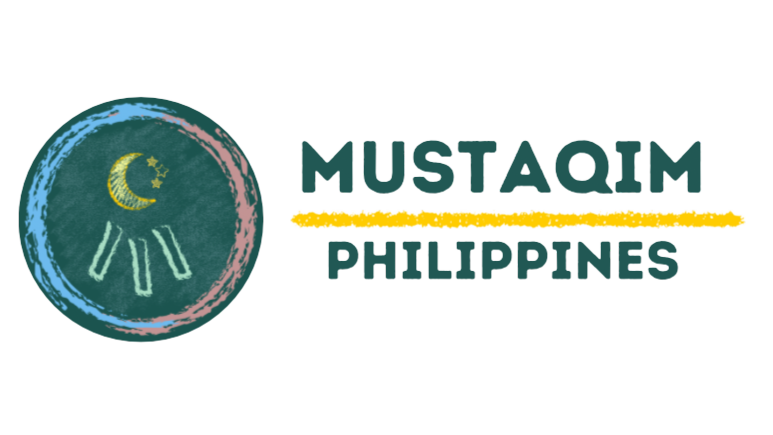In a concerted effort to achieve lasting peace and reconciliation in conflict-stricken regions of the Philippines, the National Amnesty Commission (NAC) has been actively engaged in the facilitation of amnesty processes for former Islamist separatists. Tasked with overseeing the transition of former militants into productive members of society, the NAC has implemented a structured program aimed at fostering reintegration, healing wounds, and promoting national unity.
The Philippines has been grappling with various separatist movements and insurgencies, particularly in the southern region of Mindanao, for decades. These conflicts have resulted in significant loss of life and have impeded the socio-economic progress of affected communities. Recognizing the urgent need for a comprehensive approach to address the root causes of conflict, the NAC was established as a key institution to spearhead the amnesty process.
Under the guidance of the NAC, former Islamist separatists are provided with an opportunity to renounce violence and contribute positively to society. The process begins with individuals expressing their willingness to avail themselves of amnesty, followed by a thorough evaluation of their eligibility and commitment to peaceful coexistence.
The NAC’s approach emphasizes accountability, justice, and reconciliation. Applicants are required to fully disclose their involvement in militant activities and cooperate with authorities in providing valuable information conducive to peace-building efforts. In return, they are granted amnesty from prosecution and are offered support in reintegrating into civilian life.
Integral to the success of the NAC’s efforts is its collaboration with various stakeholders, including government agencies, civil society organizations, religious leaders, and international partners. Together, they provide a range of support services tailored to the specific needs of former militants and their communities. These services include psychosocial support, skills training, education, livelihood opportunities, and initiatives aimed at fostering interfaith dialogue and social cohesion.
The NAC’s work reflects the government’s commitment to a holistic approach to peace-building, one that addresses the multifaceted challenges of post-conflict reconstruction. By providing avenues for former militants to reconcile with society and contribute positively to the nation’s development, the NAC aims to create a conducive environment for sustainable peace and prosperity in conflict-affected areas.
As the Philippines continues its journey towards peace and reconciliation, the role of institutions like the NAC remains paramount. Through its steadfast dedication to promoting dialogue, understanding, and forgiveness, the NAC stands as a beacon of hope for a future where the scars of conflict are healed, and all Filipinos can live in peace and harmony.
